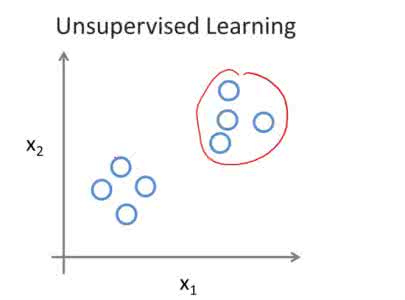Challenging manipulation tasks can be solved effectively by combining individual robot skills, which must be parameterized for the concrete physical environment and task at hand. This is time-consuming and difficult for human programmers, particularly for force-controlled skills. To this end, we present Shadow Program Inversion (SPI), a novel approach to infer optimal skill parameters directly from data. SPI leverages unsupervised learning to train an auxiliary differentiable program representation ("shadow program") and realizes parameter inference via gradient-based model inversion. Our method enables the use of efficient first-order optimizers to infer optimal parameters for originally non-differentiable skills, including many skill variants currently used in production. SPI zero-shot generalizes across task objectives, meaning that shadow programs do not need to be retrained to infer parameters for different task variants. We evaluate our methods on three different robots and skill frameworks in industrial and household scenarios. Code and examples are available at https://innolab.artiminds.com/icra2021.
翻译:挑战性操纵任务可以通过合并个体机器人技能来有效解决,这种技能必须针对具体的物理环境和手头的任务进行参数化。这对于人类程序员来说既费时又困难,特别是部队控制的技能。为此,我们介绍了影子程序反转(SPI),这是直接从数据中推导最佳技能参数的一种新颖办法。SPI利用未经监督的学习来培训辅助性不同方案代表(“影子程序”),并通过基于梯度的模型反转实现参数推导。我们的方法使得能够使用高效的第一阶优化器来推导原非差别性技能的最佳参数,包括目前生产中使用的许多技能变异。SPI零点概括了各项任务目标,这意味着不需要重新培训影子方案来推导不同任务变异的参数。我们评估了我们在工业和家庭情景中三种不同的机器人和技术框架的方法。代码和实例见https://innolab.artiminds.com/icra2021。





